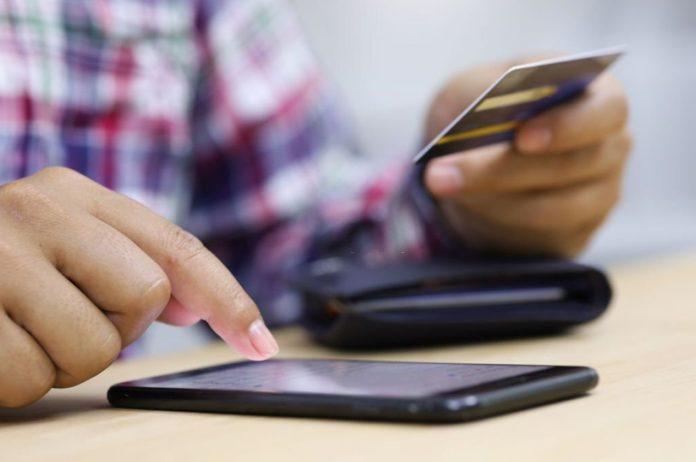In the beginning, this phishing scam looks like an honest mistake. But it’s not! The Better Business Bureau’s Scam Tracker is receiving reports of fraudulent emails that look to be receipted for a new iPhone….that you didn’t buy. Scammers hope that you will become frightened and contact them to fix the “error.”
The way the scam works:
You receive an email confirming that you have purchased a new iPhone, and your Amazon, bank, or credit card account will be charged. You didn’t, however, purchase a new phone! You phone the customer support number provided in the email, eager to have the transaction reversed.
The email might even read explicitly: “Didn’t make this purchase? Contact us at…” or “If you feel you are receiving this message in error, contact us immediately.”
When you phone the number, you are greeted by a friendly customer support professional who assures you that the situation will be resolved. You must, however, respond quickly before the charge is applied to your account.
One person reported the following: “I called the number to get a refund. I told them there wasn’t a purchase on my account for $999.00, and they told me it wouldn’t show up for 24 hours and that’s why I need to cancel it right away.”
As part of the refund procedure, the scammer requested that the consumer download an app. When the customer refused, the con artist hung up.
Victims were also advised that their accounts had been hijacked by con artists. The “customer service rep” in these cases demanded credit card or bank information, claiming that they needed it to cancel the sale. Don’t believe whatever the con artists say. Remember that con artists frequently use scare techniques to get you to act.
How to Stay Away From Phishing Scams
- Check the sender’s email address twice. Phishing emails are frequently made to appear to come from a trusted source, such as your bank or Amazon. However, check the sender’s email to verify if it’s from a legitimate source.
- First, check your bank account for any charges. Check your bank or credit card account if you receive an email saying that you’ve made a purchase. If there isn’t any change, it’s most likely a con. Don’t get in touch with the con artists. Delete the email and block the sender instead.
- Verify the email assertion on the company’s website. If the alert specifies a firm website department shop or an online marketplace like Amazon or eBay, go to your account on the website and verify the claim in the email using a trusted link.
- Never click on links that appear to be questionable. It is advised to avoid clicking on links in unwanted emails from unknown senders. These URLs could infect your computer or mobile device with malware, leaving you vulnerable to identity theft.
Source: BBB.org
